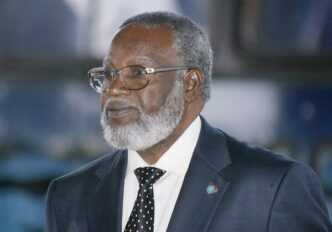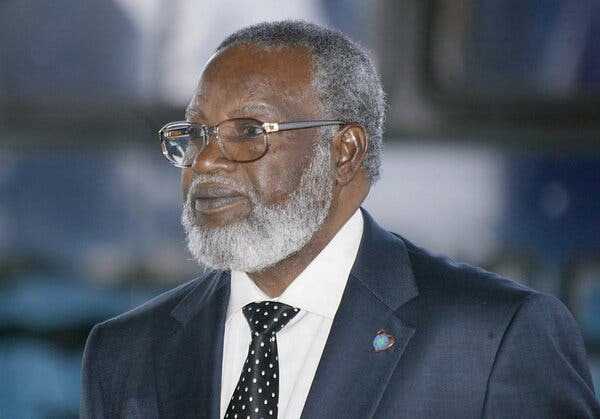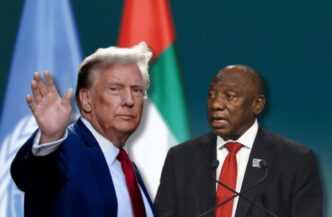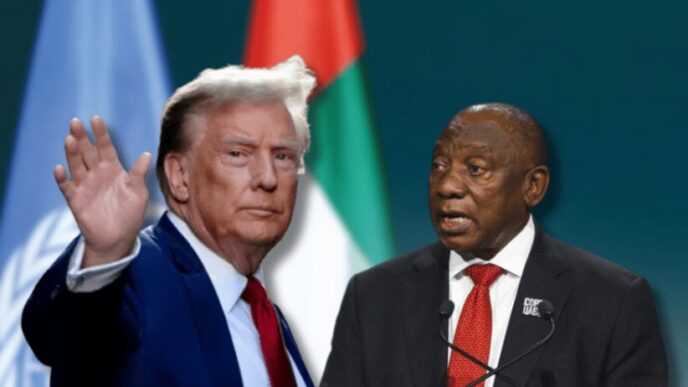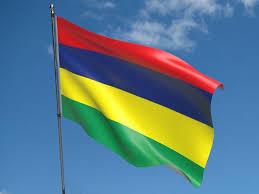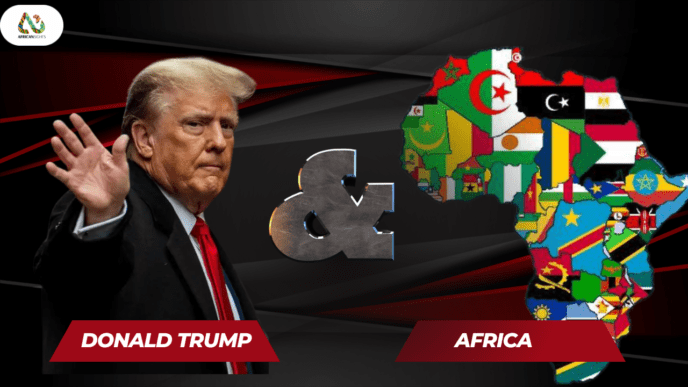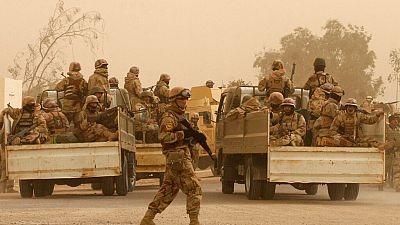A Legacy of Leadership and Liberation
Sam Nujoma, Namibia’s founding father and first president, has passed away at the age of 95. He died in Windhoek, after being hospitalized for age-related health complications. His death marks the end of an era for Namibia, as he was a central figure in the country’s struggle for independence and its post-independence development.
President Nangolo Mbumba announced a period of national mourning, stating that “Nujoma’s contribution to Namibia and Africa as a whole will never be forgotten.”
Early Life and the Fight for Independence
Born on May 12, 1929, in Ongandjera, northern Namibia, Nujoma grew up in a colonial-era South West Africa, ruled by apartheid South Africa. In the 1950s, he became a leading voice against oppression, helping to form the Ovamboland People’s Organization (OPO), which later evolved into the South West Africa People’s Organization (SWAPO).
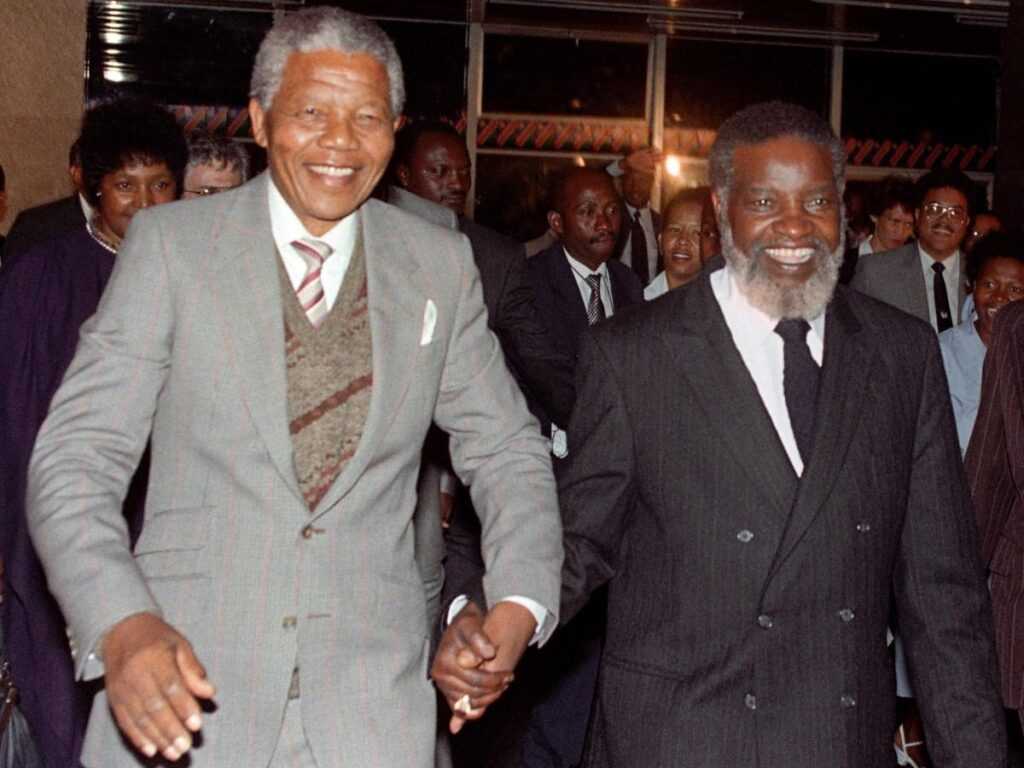
In 1966, under Nujoma’s leadership, SWAPO launched an armed struggle against South African rule, a conflict that lasted until Namibia gained independence in 1990. His diplomatic efforts, particularly with the United Nations and the Organization of African Unity (OAU), were instrumental in securing international support for Namibia’s liberation.
Key Achievements as President (1990-2005)
As Namibia’s first president, Nujoma played a critical role in shaping the young nation. His administration prioritized:
- Political Stability – Implemented democratic governance and a constitutional framework.
- Economic Development – Focused on resource-based economic growth, particularly in mining and agriculture.
- Education and Health – Expanded access to education and healthcare, significantly reducing illiteracy rates.
- Land Reform – Introduced policies to redistribute land to historically disadvantaged Namibians.
- Foreign Relations – Strengthened ties with African and global partners, advocating for Pan-Africanism and regional cooperation.
Nujoma was re-elected twice before stepping down in 2005, setting a precedent for peaceful transitions of power in Namibia.
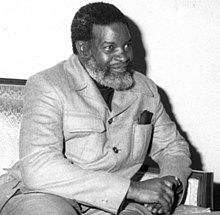
Notable Awards and Global Recognition
Throughout his lifetime, Nujoma received numerous accolades, including:
- UNESCO Félix Houphouët-Boigny Peace Prize (1994) for his role in Namibia’s peaceful transition to independence.
- OAU African Liberation Award (1990) in recognition of his leadership in the anti-apartheid struggle.
- José Martí Order (Cuba’s highest honor) for his support in international socialist solidarity.
- Honorary Doctorates from universities in Africa, Europe, and the Americas for his contributions to political leadership.
Read Also; South Africa Honors Fallen Soldiers with Week-Long Half-Masting of National Flag
Final Years and Legacy
After retiring, Nujoma remained a respected elder statesman, advocating for African unity and youth empowerment. His memoir, Where Others Wavered, chronicles his experiences in Namibia’s liberation movement.
Namibia has declared a seven-day mourning period in his honor, with flags flown at half-mast. Tributes continue to pour in from global leaders, recognizing Nujoma’s extraordinary impact on Africa and beyond.
His passing leaves a legacy of resilience, nation-building, and dedication to the people of Namibia.
